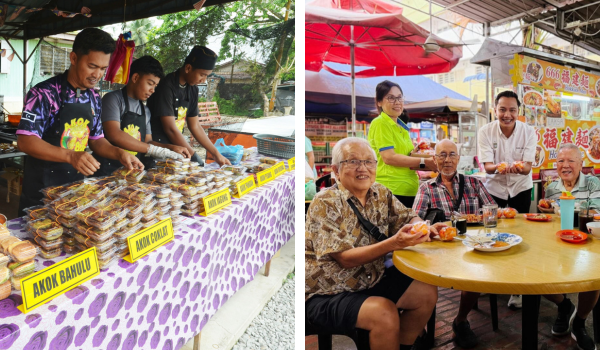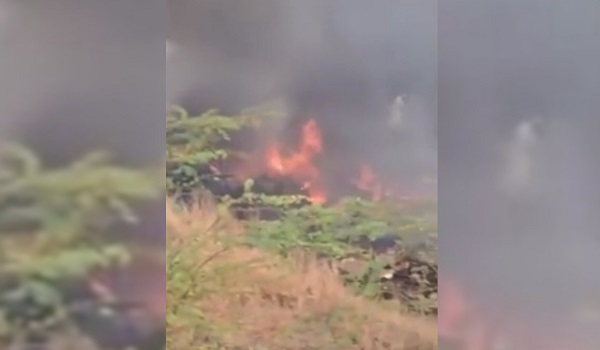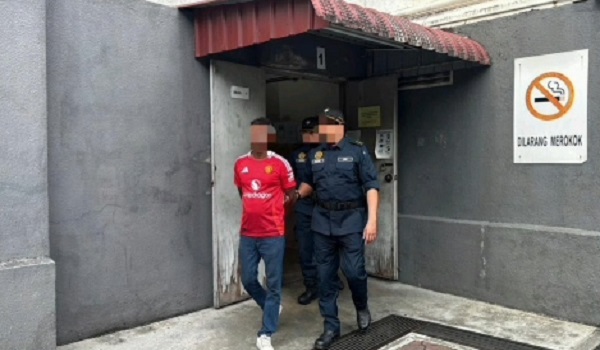RAUB, August 7 – About 42 volunteers from various fields of health expertise got involved in the Community Service Programme comprising the aboriginal Semai population here.
The programme, which lasted for three days, was an initiative and collaboration between the Faculty of Medicine and the Faculty of Dentistry of the University of Malaya (UM), the University of Malaya Medical Center (PPUM), together with Perlis Plantation Berhad (PPB) Group and several non-governmental organizations (NGOs).
Head of Volunteers, Dr. Ng Aik Hao said the programme is aimed at promotional activities and health screening for the residents of the aboriginal Semai villages here, especially Kampung Rensong and Kampung Satak.
“I am happy to see the earnestness of the volunteers approaching the villagers. Although they may have experience doing activities with rural residents, this is the first time for most of them to have the opportunity to interact with the aboriginal villagers,” he said.
Various activities were held throughout the programme including basic medical screening, medical consultation, basic treatment, de-worming, dental examination and basic dental treatment.
In addition, health check-ups for women were also carried out such as breast and cervical cancer screening, HPV vaccination, as well as health talks on healthy eating and cancer prevention.
According to Ai Hao, a total of 500 villagers and students from Sekolah Kebangsaan Satak also participated in the activities planned by the organisers.
He added that the community service programme held here is not only beneficial to the aboriginal population involved but also provides invaluable experience to the volunteers, as part of UM’s efforts to reach out to the community and make meaningful contributions to marginalized and needy communities.
“I’m sure this experience will make them more empathetic and caring health workers in the future”, he added.
Meanwhile, one of the volunteers, Prof. Dr. Norliza Ibrahim expressed her admiration for the aboriginal Semai population response towards the programme.
“There is often a cold reception for dental check-ups because they are often correlated with painful dental check-ups, however, with the correct exposure to information, they line up in droves to get a dental check-up,” he said.



